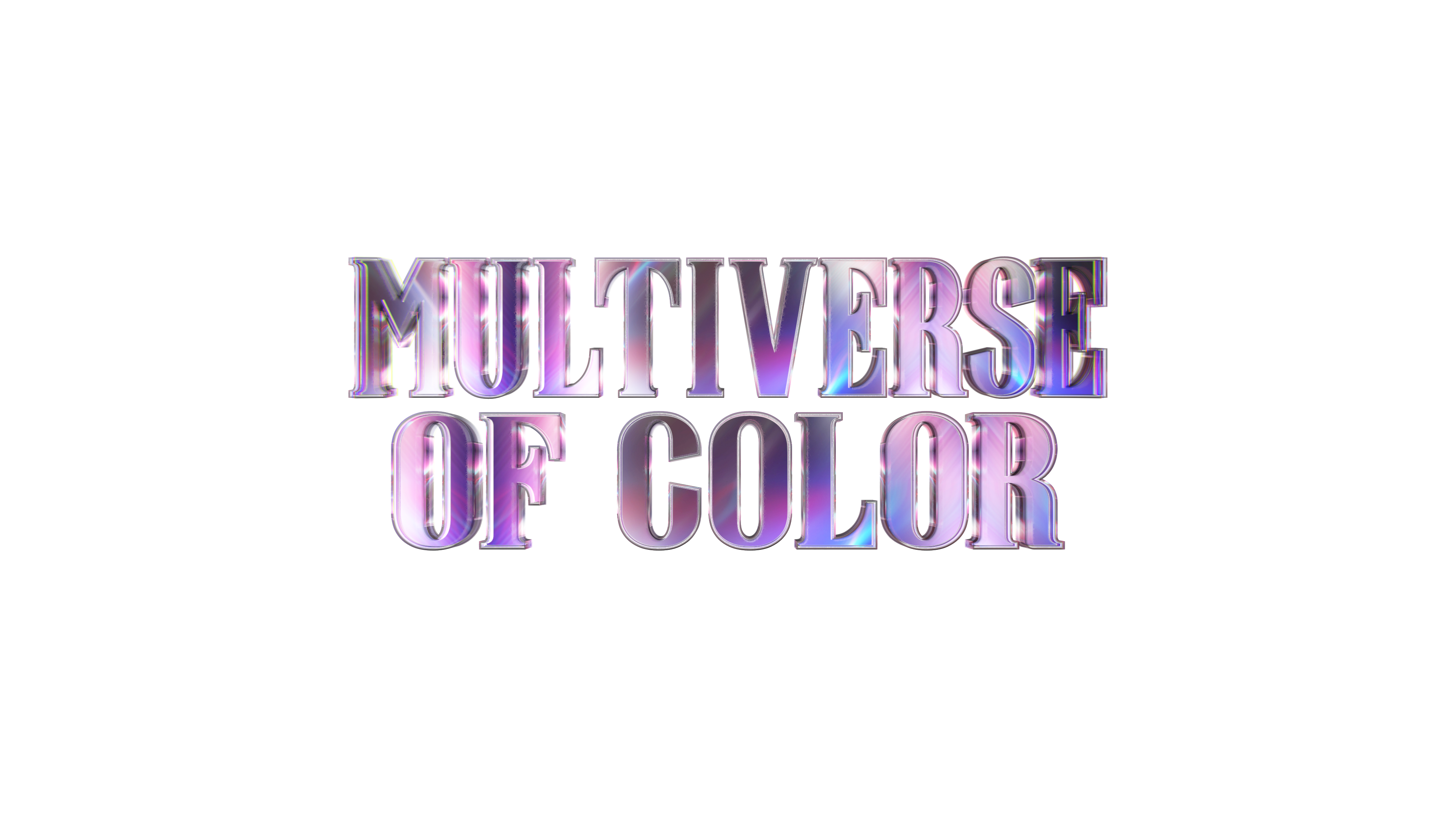Comics have seen a lot of major changes over the years, some positive, some negative, some unusual, some downright screwed up. When you break them down you see how ridiculous they look to the untrained eye. For instance, did you know that Captain America was once a werewolf?
It’s true. Did you know that Frank Castle was once a Frankenstein’s monster?
It’s a grim reminder that comics were once for children, that back in the day it was kids who were reading these books and not adults looking for adult levels of entertainment. Suddenly the idea of strange and unusual plot twists takes on an entirely new meaning in regards to comics. Werewolves and Dinosaurs are one thing, but an adult medium calls for adult stories much like the one currently being broached at Marvel.
Steve Rogers’s Captain America is who we were, Bucky is what we became, and Sam Wilson is who we want to be moving forward. Three different generations of Americans trying to overcome prejudice, overcome racial hatred and inequality, trying to live up to the truths written in our constitution. We hold these truths to be self evident that all men are created equal.
Have we succeeded?
Captain America Issue 1 would indicate no, as seen by this panel below. Steve Rogers apparently is a HYDRA agent. He always has been a HYDRA agent. Instead of being a shining beacon of the right thing to do historically he fell victim to the prevalent racism that existed around that time period.
He’s shown with his mother, like so many adults who lived in the forties, attending an illicit meeting for an illicit organization. Instead of communism we learn that Sarah Rogers was a secret Fascist and she raised her son Steve Rogers to those same beliefs. It’s tragic and it takes on special meaning for many Americans.
Time.com reported in an exclusive interview with Tom Brevoort, that cap has “always been a villain and will continue to be a villain.”
“It means on the most fundamental level that the most trusted hero in the Marvel universe is now secretly a deep-cover Hydra operative, a fact that’s really only known to the readers and to him. That makes every interaction he has with anyone take on a second layer, a second meaning.”
Entertainment Weekly expounded on that issue in a talk with Nick Spencer and Tom Brevoort about what it means to the Captain America Story and the responsibility of keeping Captain America grounded in the current American sentiments and cultural zeitgeist.
Captain America is different from all other characters in that he’s not just a guy in a colorful costume — he is literally draped in the flag of our nation. As such, there’s a certain responsibility to keep Cap’s adventures metaphorically grounded in the zeitgeist of the moment. When you fail to do that, when you start to treat him like just another random superhero, his stories inevitably lose a lot of their potency.
If anything, the change in Steve Rogers says more about America’s current political climate and culture then it does about any changes to the character.
Have we again lost our way like Bucky? Is there any coming back from this change? The overwhelming response seems to be one of hatred to the idea, within hours #SayNoToHYDRACap was trending on twitter and continues to do so.
This happens a day after #GiveCaptainAmericaABoyfriend trends on twitter with fans speaking out against Marvel’s properties and asking for more representation. Has Marvel misread the cultural tone of the population? What does Sam Wilson think of all this? What does it signal for the zeitgeist? Only time will tell.
Are you for or against HYDRA cap? Is it just a twist like Cap Wolf or a sign of some larger change? Sound off in the comments below.






